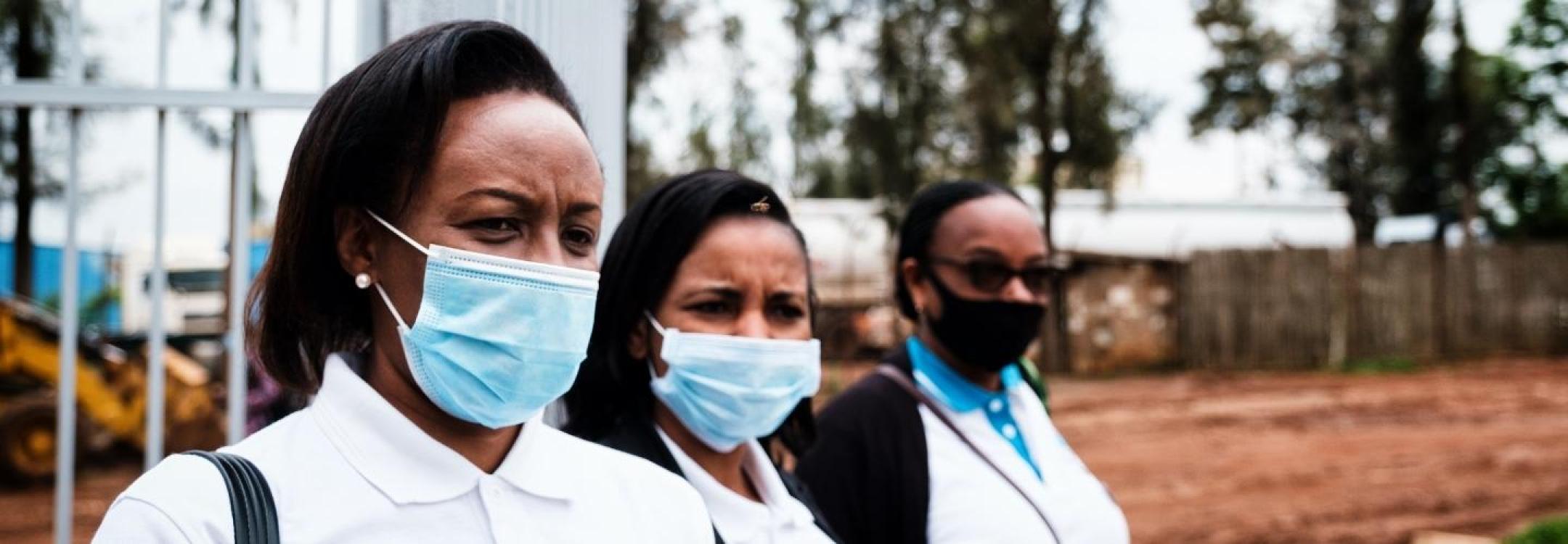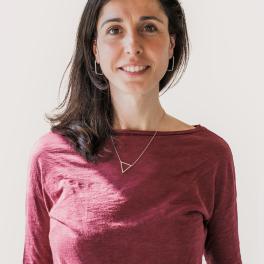
Older persons deprived of liberty are more likely to suffer serious human rights violations, as well as violence, abuse, ill-treatment and even torture, according to a new report by the UN Independent Expert on the enjoyment of all human rights by older persons.
The report examines three situations in which older persons may be deprived of their liberty: for criminal offences; because of their migration status; or under caregiving arrangements, including those provided through legal guardianship by family members.
Claudia Mahler, the Independent Expert, noted in the report that, regardless of the reason for their deprivation of liberty, “older persons generally find themselves in situations that are detrimental to their human rights and that do not provide adequate safety and protection”.
However, due to limited research and data, the rights of older persons deprived of liberty remain largely invisible and are therefore left unaddressed.
“Without laws and policies implementing monitoring mechanisms to assess and determine the status of deprivation of liberty of older persons on a case-by-case basis, such information will remain invisible,” the Independent Expert said.
“Independent monitoring of places of deprivation of liberty is recognized as one of the most effective preventive measures to protect the rights of older persons.”
Claudia Mahler, UN Independent Expert on the enjoyment of all human rights by older persons
The report – which referenced the APT’s submission on 13 occasions – highlighted the crucial role of independent oversight bodies, including national preventive mechanisms and national human rights institutions, to promote and protect the rights of older persons deprived of liberty.
“Such mechanisms identify the risks to which older persons are exposed, including deficiencies in standards and procedures, make recommendations, publish reports and engage in constructive dialogue with the authorities,” the Independent Expert said.
The report includes recommendations to address the risk factors that older persons deprived of liberty can face, as well as the pervasive ageism that “remains widespread and largely unrecognized”.
Recommendations also address intersectional factors that can place older women, older LGBTI+ people and older persons with disabilities deprived of liberty “at heightened risk of discrimination, isolation, ill-treatment and violence”.
The Independent Expert presented her report to the UN Human Rights Council on 19 September 2022. In an oral statement to the Council session, the APT welcomed the report and reiterated the importance of independent monitoring of all places of deprivation of liberty “to shed light on the risks and needs of older people and ensure their rights are upheld”.
